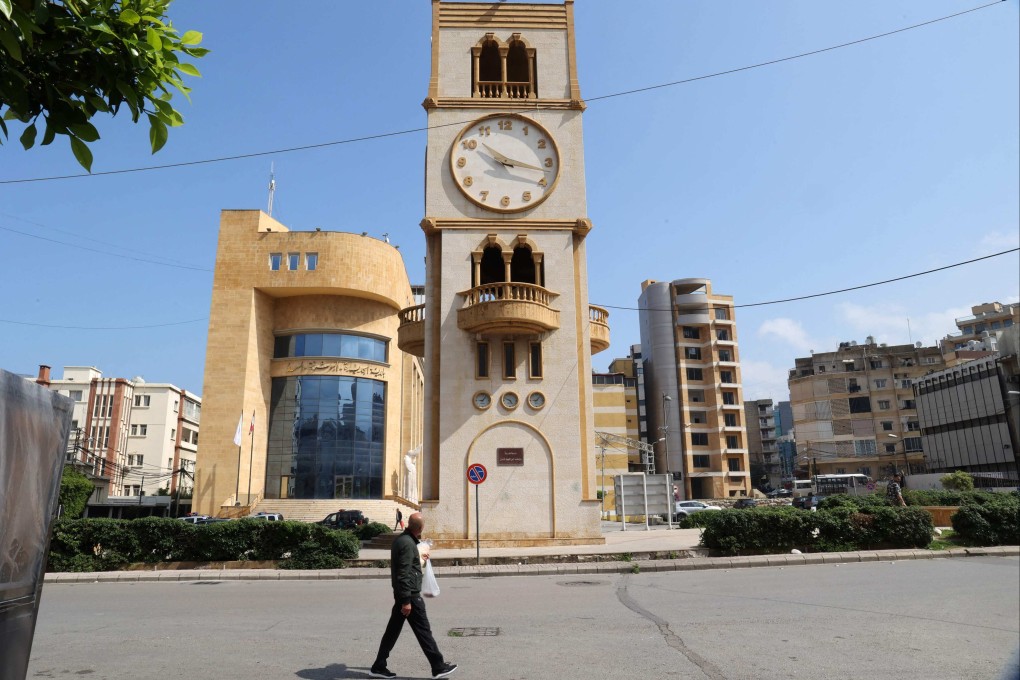Crisis-hit Lebanon caught up in conflicting time zones
- A government decision to delay the implementation of daylight saving time until the end of Ramadan has caused confusion and triggered an uproar
- The government did not give a reason for the decision, but it is thought to be aimed at sparing a longer day of fasting during the Muslim holy month of Ramadan

Roiled by a deepening economic crisis and a political stalemate, Lebanon is plagued yet by a new row: two conflicting time zones.
A decision by the country’s caretaker government to delay the implementation of the daylight saving time until the end of the current Islamic fasting month of Ramadan has caused confusion and triggered an uproar bordering on sectarianism.
On Thursday, the Lebanese government announced postponing the start of the summertime system, which was originally scheduled for early Sunday, until midnight on April 20, when the lunar month of Ramadan is expected to end.
The government did not give a specific reason for the decision, which is thought to be aimed at sparing a longer day of fasting during Ramadan, when practising Muslims are obliged to abstain from eating, drinking and smoking from dawn to dusk.
Keeping the winter time in place means breaking the daily fast an hour earlier.
Lebanon’s influential Maronite Church criticised the decision calling it “surprising” and “haphazard”, and said it would not abide by it. “It was taken without any consideration to international standards and confusion,” the church said in a statement.
